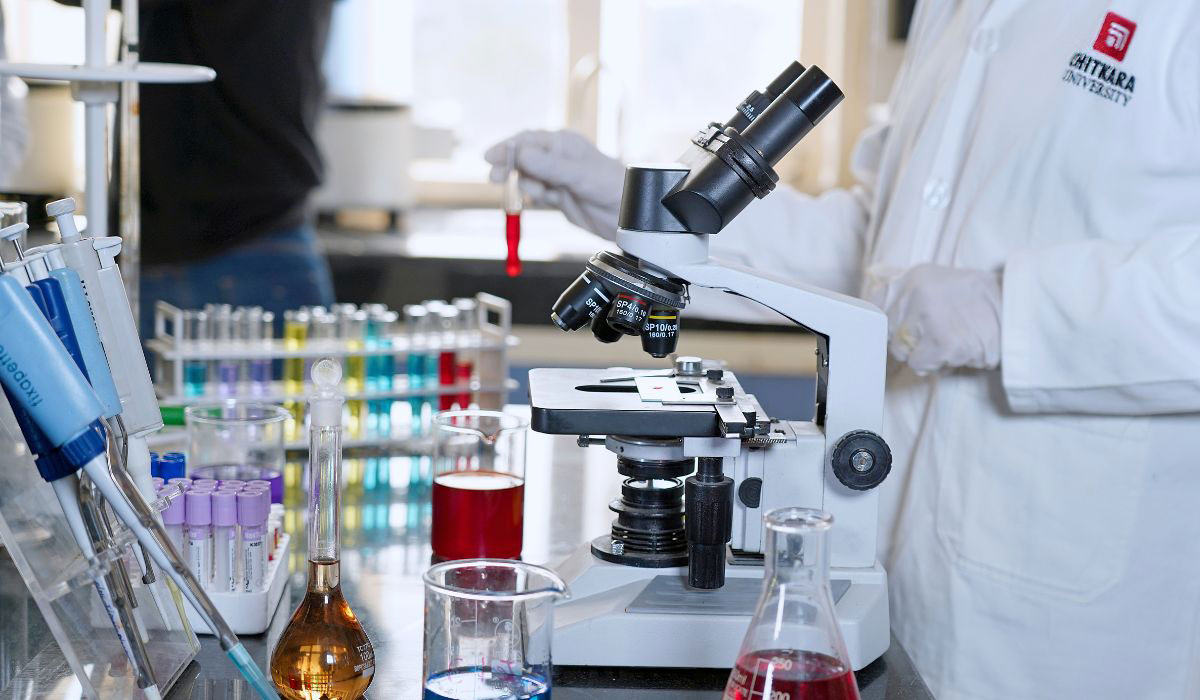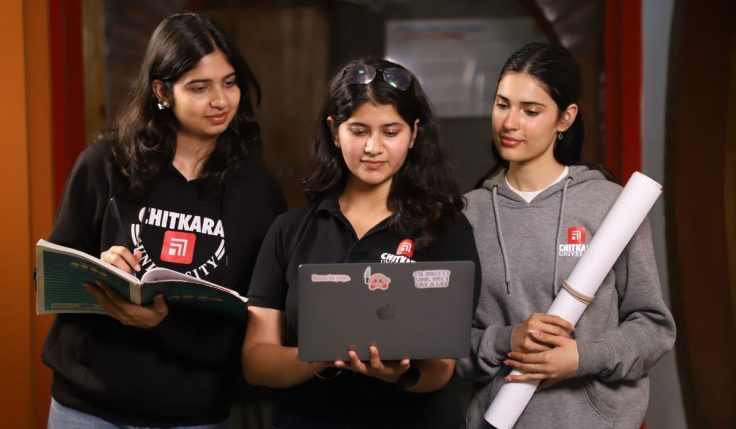Embryology is a medical field involving the comprehensive study of assisted reproductive technology (ART) and reproductive biology. It is the study of advanced theoretical and practical understanding of human biology, embryology, assisted reproductive technology, and infertility.
Clinical embryology is massively responsible for shaping the future of reproductive medicine. Embryologists play a major role in the egg retrieval process and ART procedures such as in vitro fertilisation. From the collection of eggs to the preparation of sperm samples, the freezing of sperm, and the thawing of embryos, embryologists are responsible for everything.
If you are interested in making a career in clinical embryology, then enrolling in a program such as the M.Sc in Clinical Embryology can be the right career step for you. Let’s explore the importance of clinical embryology in shaping the future of reproductive medicine and why you should enrol in an M.Sc program in Clinical Embryology.
What is Clinical Embryology, and How Does It Help the Reproductive Medicine?
Clinical embryology is a field of biology that is focused on the study of the fertilisation of eggs and the healthy development of embryos. It includes specialised doctors working in the field of Clinical embryology, known as embryologists.
Clinical embryologists, as highly qualified practitioners, play a crucial role in laboratories where their primary focus is on the creation of life. Their noble mission revolves around assisting infertile patients in fulfilling their dreams of parenthood by utilising advanced reproductive technologies and techniques.
Clinical embryologists advance reproductive medicine by using their micro-manipulation skills, checking CO2 incubators, and transferring embryos and gametes from one culture medium to another with great care and quality control.
After receiving the sperm and oocytes, embryologists do their best to make them ready for each other. They work to match the qualified sperm and oocytes while fusing them to create embryos. To make this happen, these professionals perform some procedures and rules meticulously.
The invaluable work carried out by clinical embryologists not only drives the advancement of reproductive medicine but also addresses the pressing issue of global infertility. Through their expertise and dedication, they offer hope to countless individuals and couples trying to overcome infertility challenges, making a profound impact on the lives of families worldwide.
For anyone who has successfully completed a bachelor’s degree in B.Sc in Life Sciences, Biology, Pharmacy, Zoology, Biochemistry, Basic Sciences, Veterinary Sciences, AYUSH, MBBS, BDS, BHMS, BSc Nursing, Allied Healthcare etc., pursuing an M.Sc in Clinical Embryology can be a great option. It is designed to bolster the careers of professionals who are already in the field of medicine. In addition to ensuring the development of this field, professionals also play a key role in the growth of reproductive medicine.
M.Sc in Clinical Embryology by Chitkara
The M.Sc in Clinical Embryology program is offered in collaboration with Neelam Hospital, Punjab. It is a study program that offers comprehensive theoretical and practical training in assisted reproductive technology over four semesters. The program also equips students with a solid understanding of male and female reproductive systems, lab expertise, and critical communication skills.
The M.Sc in Clinical Embryology also focuses on ethical principles and nurtures responsible professionals in the field. As an important part of this program, students are made to participate in workshops, conferences, seminars, and industry sessions that eventually help them showcase their work and expand their knowledge base.
Also read this blog post: Why Embryology Is a Promising Career Path for The Future
The clinical training component also includes internships at Neelam Hospital that offer students valuable hands-on experience. After the program ends, students are equipped to work as proficient embryologists. The program also aligns with international standards and UGC regulations, the Assisted Reproductive Regulation Act, and the National Education Policy 2020.
Why Pursue M.Sc in Clinical Embryology?
The program is designed to offer a unique opportunity for gaining hands-on experience with practical training in the embryology laboratories. It allows students to get trained in gamete handling, embryo culture, and in vitro fertilisation.
Industry Academic Collaboration: The M.Sc in Clinical Embryology program is offered in partnership with Neelam Hospital, Punjab, and provides comprehensive training in assisted reproductive technology across four semesters. This is a collaboration that allows students to receive hands-on experience in a clinical setting and bridge the gap between books and real-world applications.
Practical and Clinical Training: The study program prioritises ethical principles and nurtures professional responsibility in the field. Students can participate in seminars, workshops, and conferences with industry experts, which also enables them to showcase their work while expanding their knowledge base. The training also involves Neelam Hospital, which provides students with hands-on experience.
Best Faculty: During the clinical embryology training, students get to learn from an accomplished faculty while taking part in group projects and laboratory practical classes with a detailed hands-on course curriculum and industry expert training. The faculty also has extensive input from experts from academia and industry, which ensures a solid focus on industry best practices.
Chitkara University recognises the wide potential in the field of embryology as a promising career path for students in the M.Sc in Clinical Embryology program. It is committed to offering comprehensive education, training, and support to aspiring embryologists while also equipping them with the knowledge and skills required to excel in this field.
The university helps students embark on a successful career in the field of embryology with a well-structured curriculum, state-of-the-art laboratories, research opportunities, expert faculty, workshops, and placement support.






